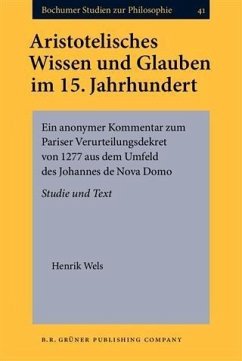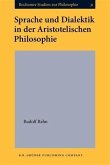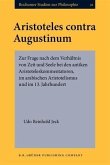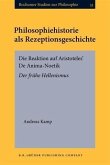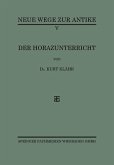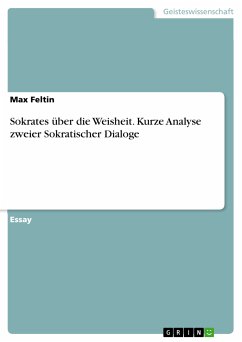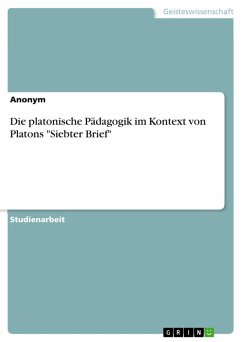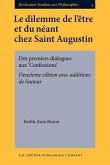On March 7, 1277, Etienne Tempier, Bishop of Paris, condemned a list of 219 theological and philosophical theses. This condemnation had a lasting impact on the teaching of philosophy and theology at the late-medieval universities, and many philosophical and theological texts of this time contain references to the "e;Parisian articles."e; In the fifteenth century, probably in Paris between 1418 and 1454, an anonymous commentary on this well-known document was written, which is presented here for the first time. A quotation in the treatise De universali reali by Jean de Maisonneuve (Johannes de Nova Domo) allowed tracing this text back to the circle of this Parisian master.Apart from the first critical edition of the commentary on the basis of all seven known manuscripts, the volume also contains a comprehensive analysis of the text. The detailed discussion of philosophical and theological problems such as God's absolute and ordained power (potentia Dei absoluta et ordinata) is accompanied by a historical analysis of the validity of the condemnation. The volume is completed by an appendix, which contains further texts, as well as indexes of authorities and names.Am 7. Marz 1277 verurteilte der Pariser Bischof Stephan Tempier 219 philosophische und theologische Thesen. Diese Verurteilung hatte einen lang andauernden Einfluss auf die philosophische und theologische Lehrtatigkeit an den spatmittelalterlichen Universitaten, und viele philosophische und theologische Texte dieser Zeit enthalten Hinweise auf die Pariser Artikel Zu diesem wohlbekannten Verurteilungsdekret entstand im 15. Jahrhundert, vermutlich in Paris zwischen 1418 und 1454, ein anonym uberlieferter Kommentar, der hier erstmalig vorgestellt wird. Aufgrund eines Zitats in der Abhandlung De universali reali des Jean de Maisonneuve (Johannes de Nova Domo) konnte dieser Text dem Umfeld dieses Pariser Magisters zugeordnet werden.Neben der ersten kritischen Edition des Kommentars auf der Grundlage aller sieben bekannten Handschriften enthalt der Band auch eine umfassende Analyse des Textes. Die detaillierte Diskussion philosophischer und theologischer Probleme wie Gottes prinzipiell uneingeschrankter Macht (potentia Dei absoluta) und seiner tatsachlich eingeschrankten Machtausubung innerhalb der von ihm gewollten Ordnung (potentia Dei ordinata) wird begleitet von einer historischen Analyse der Rechtskraftigkeit der Verurteilung. Der Band wird vervollstandigt durch einen Anhang mit weiteren Texteditionen und abgerundet durch umfangreiche Indizes.
Dieser Download kann aus rechtlichen Gründen nur mit Rechnungsadresse in A, B, BG, CY, CZ, D, DK, EW, E, FIN, F, GR, HR, H, IRL, I, LT, L, LR, M, NL, PL, P, R, S, SLO, SK ausgeliefert werden.

